
‘Granny Pods’ Let Aging Parents Stay Close by in Your Backyard
The Future of Elder Care: Why Granny Pods May Be the Solution We’ve Been Waiting For
Nearly 30 million American households are currently involved in providing care for adults over the age of 50—a figure that continues to climb steadily as the population ages. Like many others, I find myself navigating the emotional and logistical complexities of caring for a parent, supported by two other family members. If you're not yet in a caregiving role, there's a strong possibility you may step into one in the not-so-distant future.
Is caregiving stressful? Absolutely—there are moments of exhaustion, worry, and even frustration. But is it more rewarding than placing a loved one in a nursing home? For many, the answer is a resounding yes. Numerous studies support the benefits of aging at home or within a family’s care. However, the reality is that not every family has the means—financial, emotional, or physical—to provide the level of care they believe their aging parents deserve. As a result, many families feel forced to turn to institutionalized care as their only viable option.
The Harsh Reality of Nursing Homes
While nursing homes offer structured care and trained staff, they’re far from ideal in many cases:
-
Over 40% of nursing home residents report experiencing some form of abuse.
-
More than 90% have reported neglect, ranging from missed medications to emotional isolation.
-
A 2010 study found that nearly half of nursing home caregivers admitted to abusing or neglecting residents.
-
Shockingly, 50% of Certified Nursing Assistants confessed to shouting at or verbally mistreating the elderly under their care.
As of 2014, the Centers for Disease Control and Prevention (CDC) reported 15,600 licensed nursing homes across the United States, with approximately 1.7 million beds available. Yet with the senior population expected to reach 70 million by 2030, current resources and facilities are already being stretched thin—and the gap will only grow larger in the years to come.
Seniors Want to Age at Home
According to a 2015 AARP study, an overwhelming 90% of seniors say they prefer to age in their own homes, maintaining independence, routine, and familiar surroundings. Interestingly, only 4% wish to move in with relatives, underscoring a desire for autonomy—even when support is needed.
Still, aging in place comes with challenges. Health conditions, mobility issues, and home safety concerns often dictate whether independent living is realistic. When surveyed, older adults identified several critical home modifications they feel are essential:
-
Non-slip flooring (80%)
-
Grab bars in the bathroom (79%)
-
Emergency alert systems (79%)
-
Wheelchair-accessible entrance ramps (77%)
-
Wider doorways for mobility aids (65%)
Unfortunately, the majority of American homes are not equipped with these safety features, making it difficult or even dangerous for seniors to remain at home without substantial remodeling.
A Game-Changer: MEDCottage and “Granny Pods”
What Is a MEDCottage?
In response to the growing eldercare crisis, Reverend Kenneth Dupin introduced the MEDCottage, a prefabricated, stand-alone structure designed to be placed in a family’s backyard. Often referred to as “Granny Pods,” these units are equipped with smart medical technology and aging-friendly features, offering a balance between independence and supervision.
The core idea behind MEDCottage is simple yet revolutionary:
-
Empower seniors to retain independence while still receiving necessary care.
-
Enable families to provide compassionate, affordable care without full institutional reliance.
Granny Pods come in three customizable models—Cottage, Classic, and Grand. Each version includes a range of safety and monitoring features like:
-
Automated pill dispensers
-
Padded, slip-resistant flooring
-
Emergency call systems
-
Motion sensors and webcam surveillance
-
Vital sign monitoring equipment
These pods function as miniature, high-tech nursing homes—but without the emotional cost of removing a loved one from their community or family.
Financial Considerations
The initial price of a Granny Pod ranges from $85,000 to $125,000, depending on features and size. While this may seem like a steep upfront cost, consider the long-term financial picture. The average cost of a nursing home is between $205–$230 per day, which adds up to $6,235–$6,965 per month, or over $74,000 annually.
When viewed through a long-term lens, investing in a Granny Pod may actually be more economical—especially since it allows for a better quality of life, emotional closeness, and tailored care. Some families also explore financing options or repurpose savings otherwise set aside for assisted living.
Conclusion: A Dignified Alternative
Granny Pods and MEDCottages present a practical, compassionate alternative to traditional eldercare. They allow seniors to live safely, maintain dignity, and stay connected to family—without the risks and impersonal nature of institutional care.
As our population continues to age, innovative solutions like these will play an essential role in redefining how we care for our elders—not just out of necessity, but out of love and respect.
Because aging doesn’t have to mean isolation—and care doesn’t have to come at the cost of independence.
News in the same category


This Is How These 10 Worldwide Famous Kids Look Like Now

What Does It Mean To Wear a Ring On The Right Hand
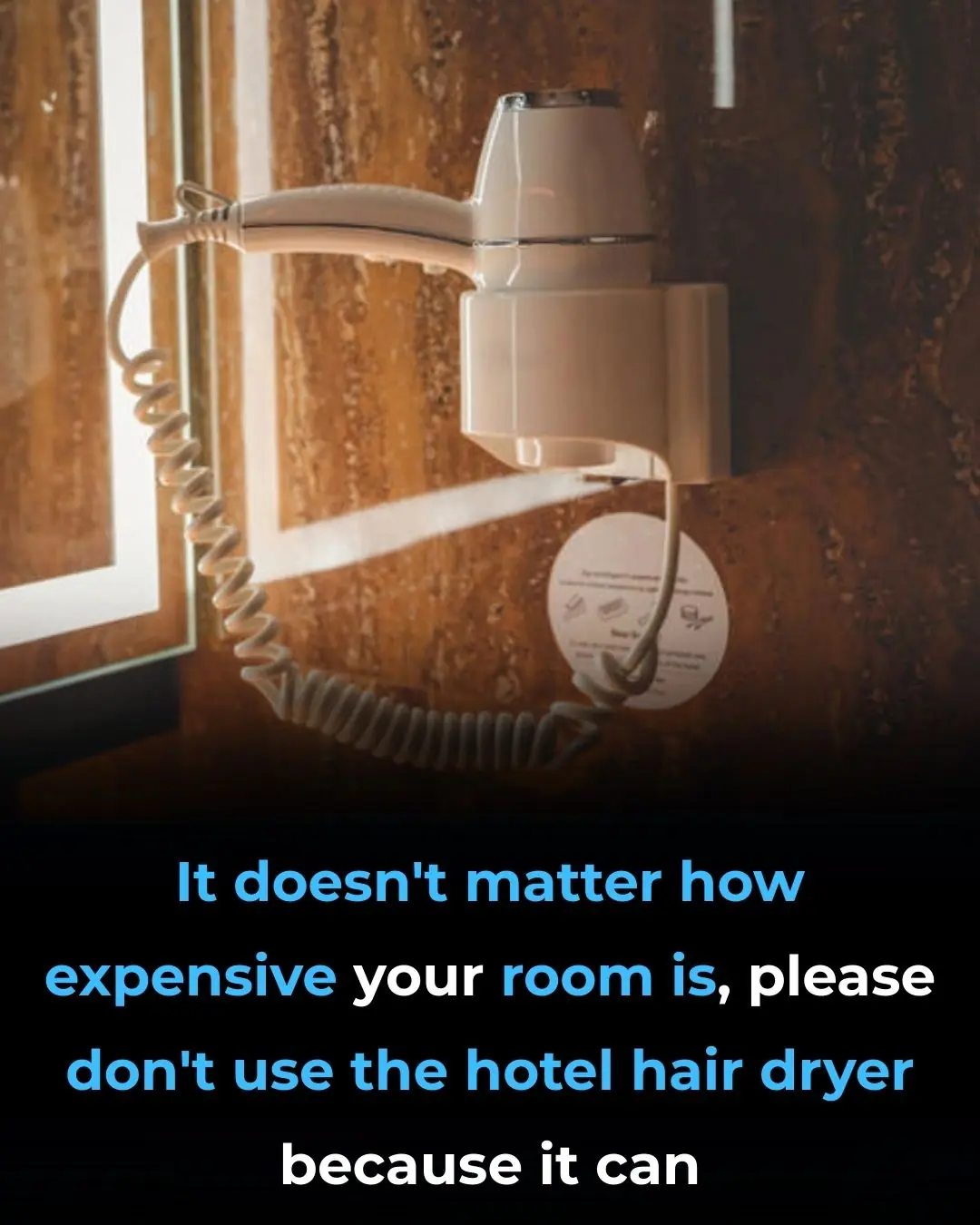
Hotel Workers Reveal What Goes On

Scientists Explain Why ‘Doing Your Own Research’ Leads to Believing Conspiracies

The Richest Americans Still Die Earlier Than the Poorest Europeans
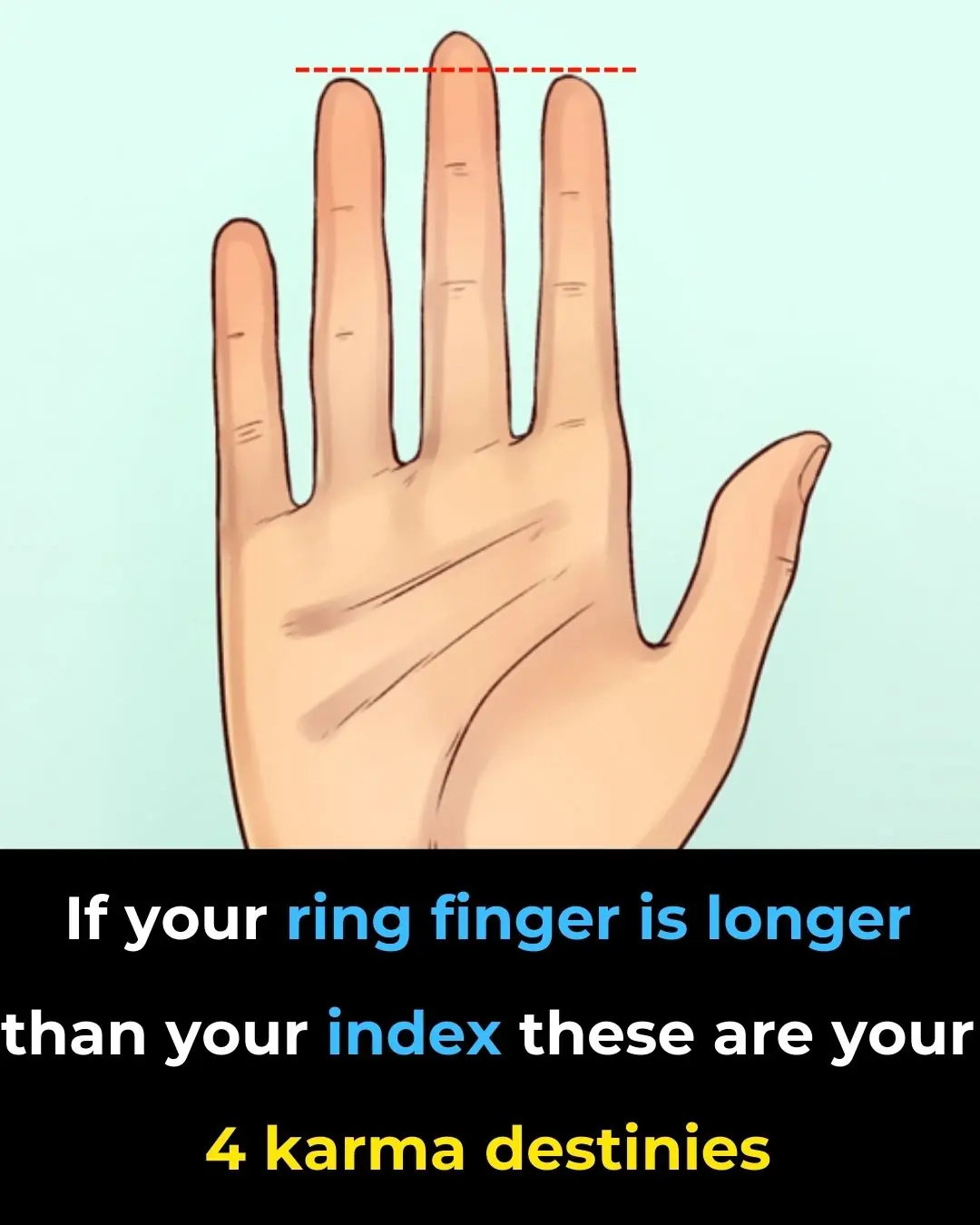
Ring Finger Longer Than An Index Finger

She Spent $70,000 on Cosmetic Procedures — Now She’s Owning Her Beauty Despite the Backlash
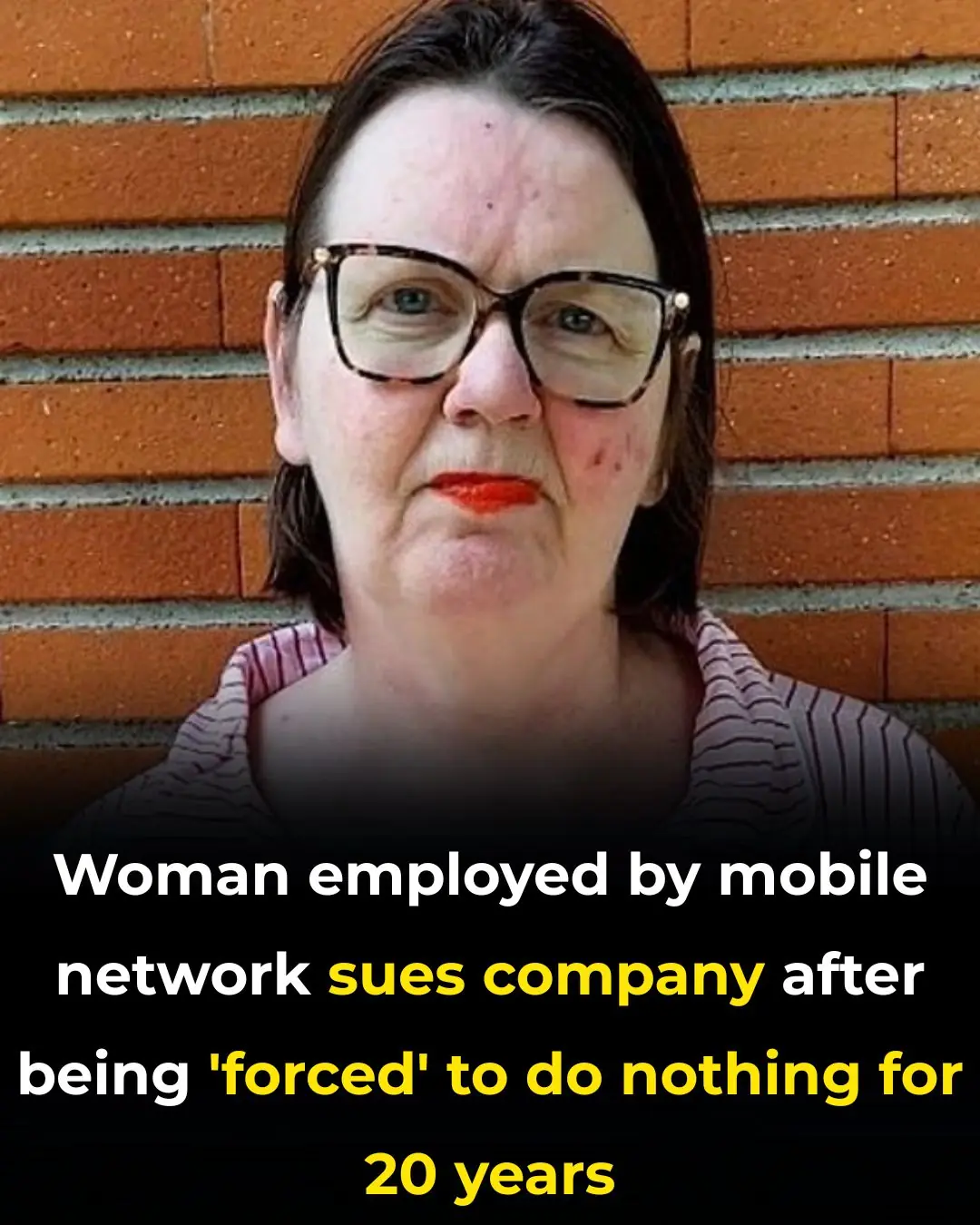
Woman employed by popular mobile network sues company after being 'forced' to do nothing for 20 years
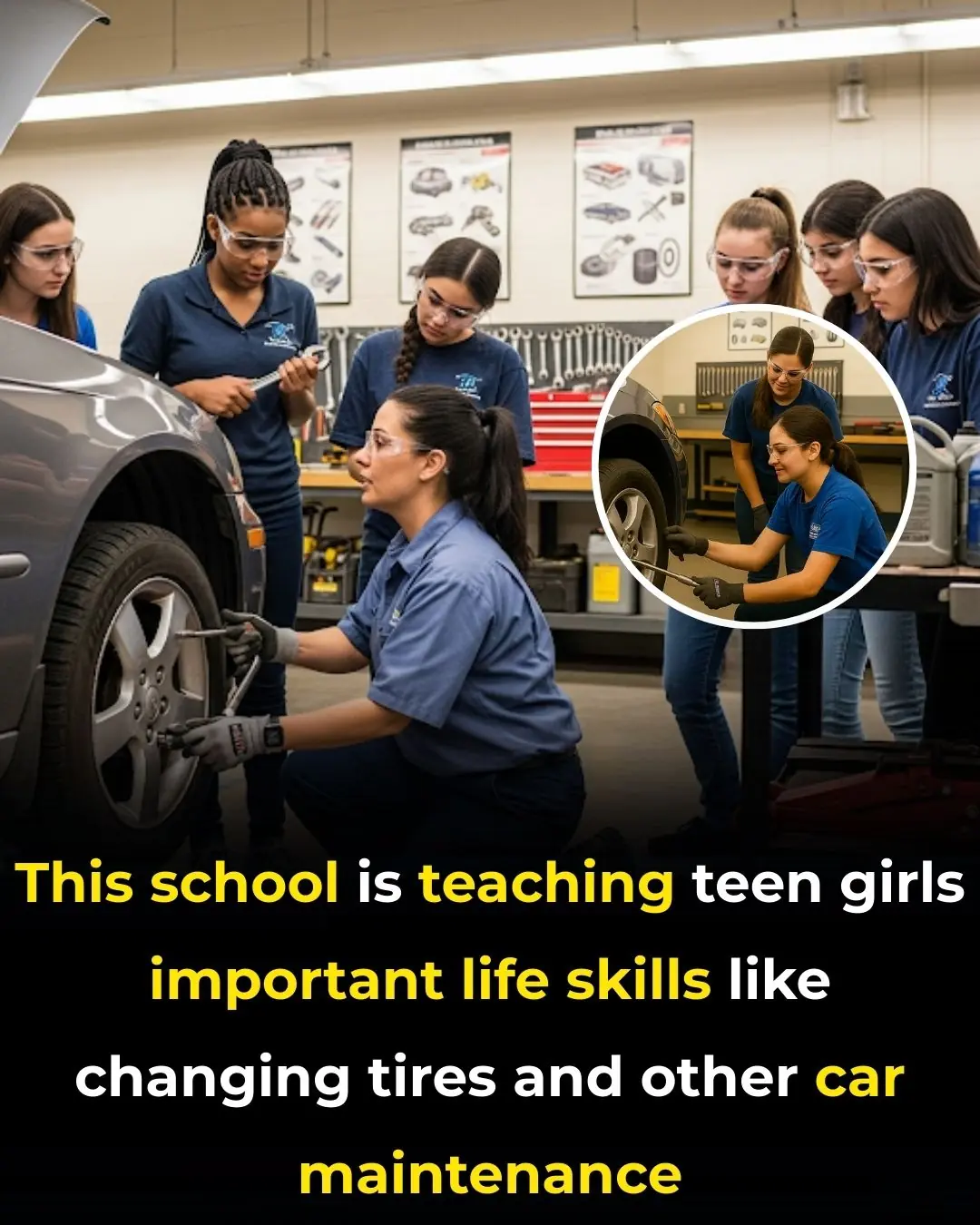
This School Is Teaching Teen Girls Important Life Skills Like Changing Tires and Other Car Maintenance

Indiana Woman Arrested After Traveling To DC To Kidnap And Assassinate Trump

Why Slugs Deserve More Credit Than You Think
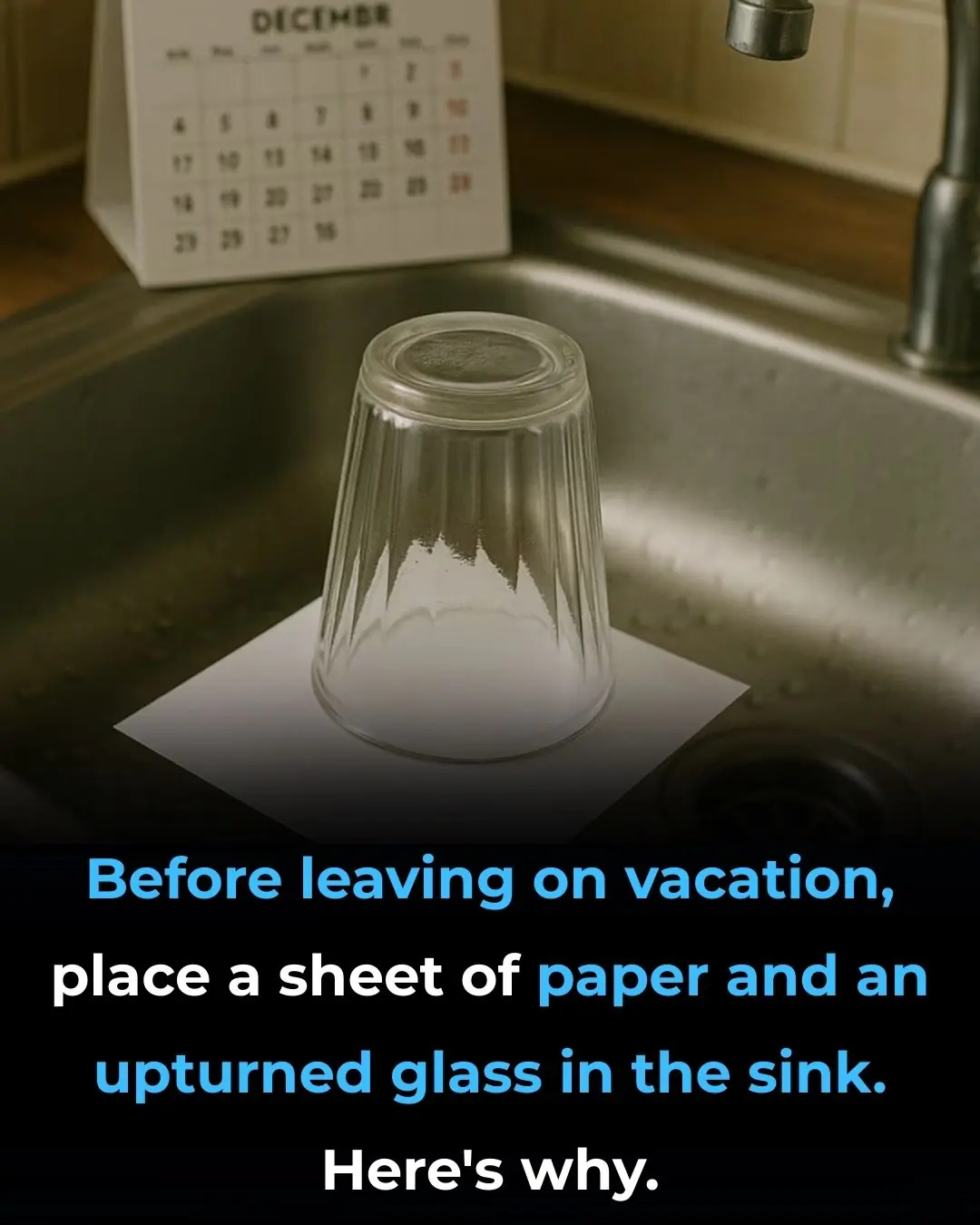
Sink Trick You Should Always Do Before Vacation
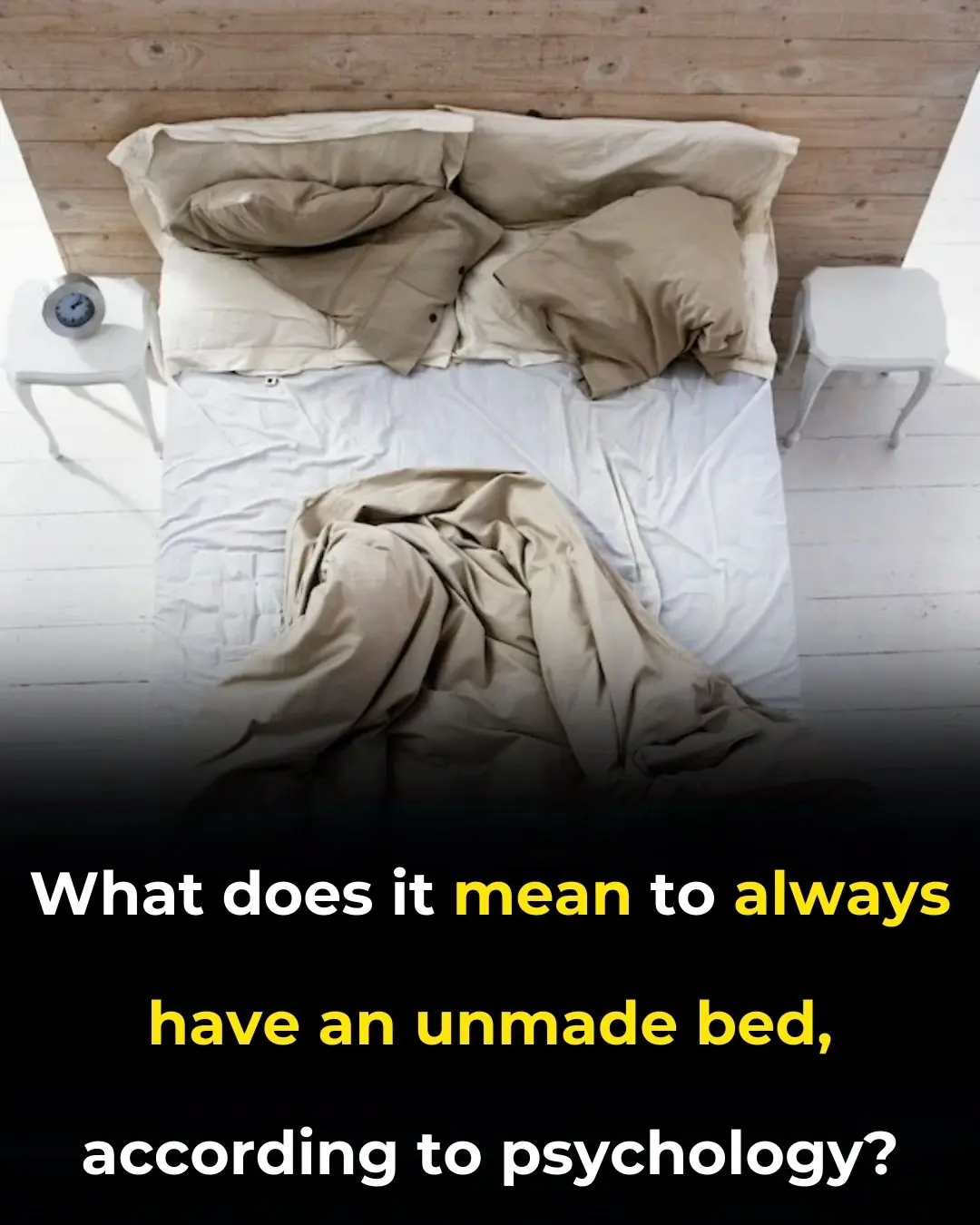
The Meaning of Having an Unmade Bed
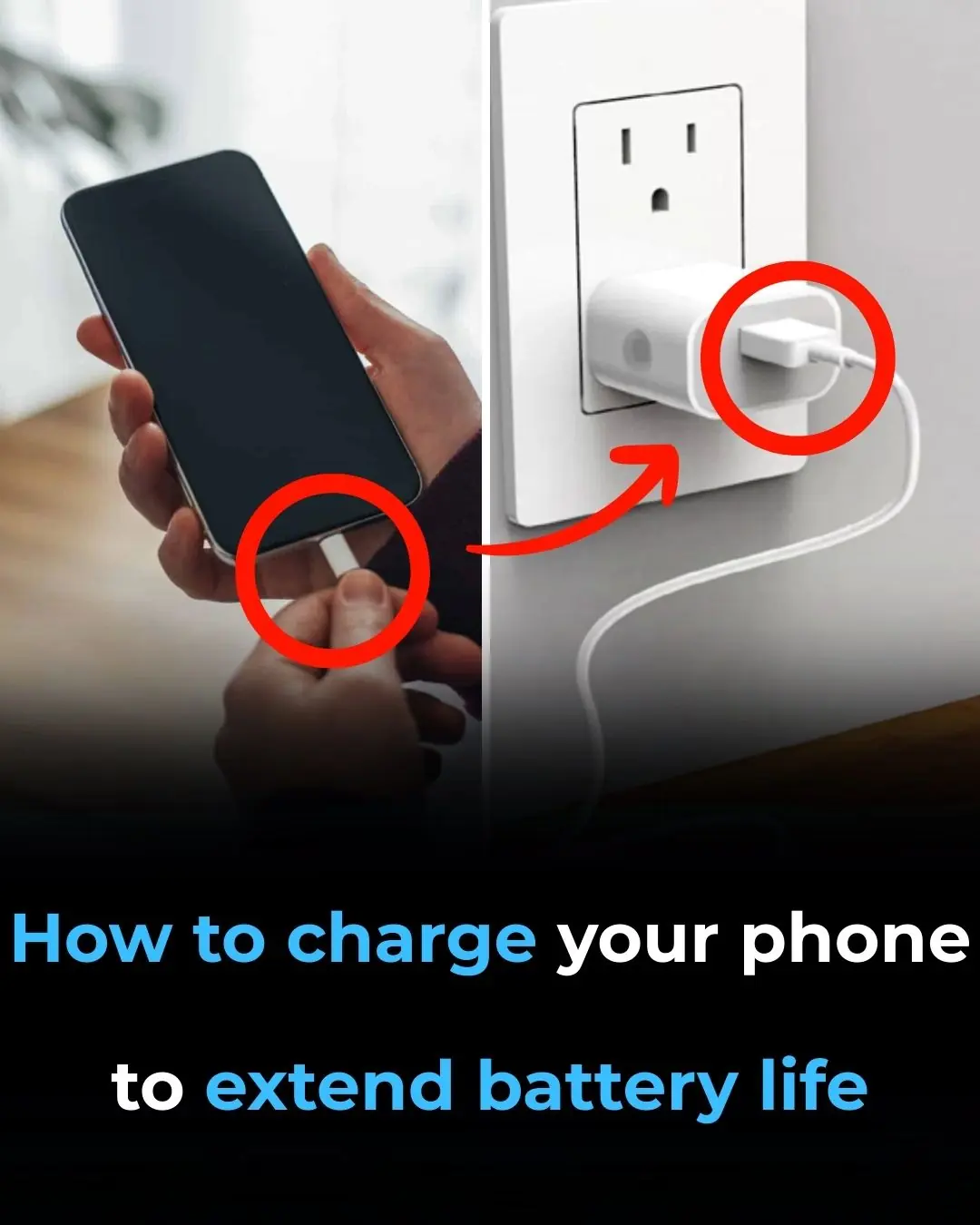
How to Charge Your Phone to Extend Battery Life

People Are Just Realizing Why Women’s Underwear Have A Bow On Front
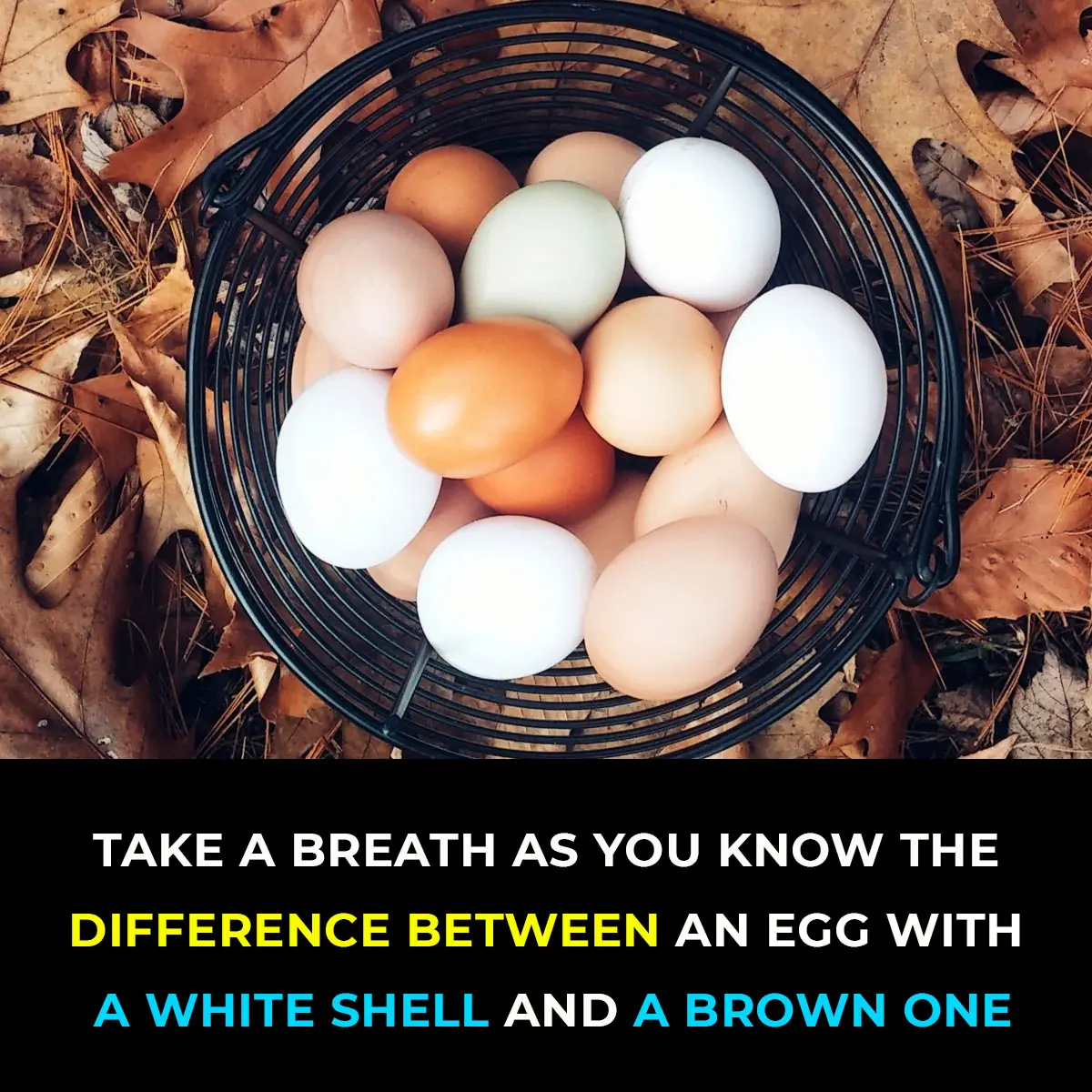
Brown vs. White Eggs: Which Should You Choose?
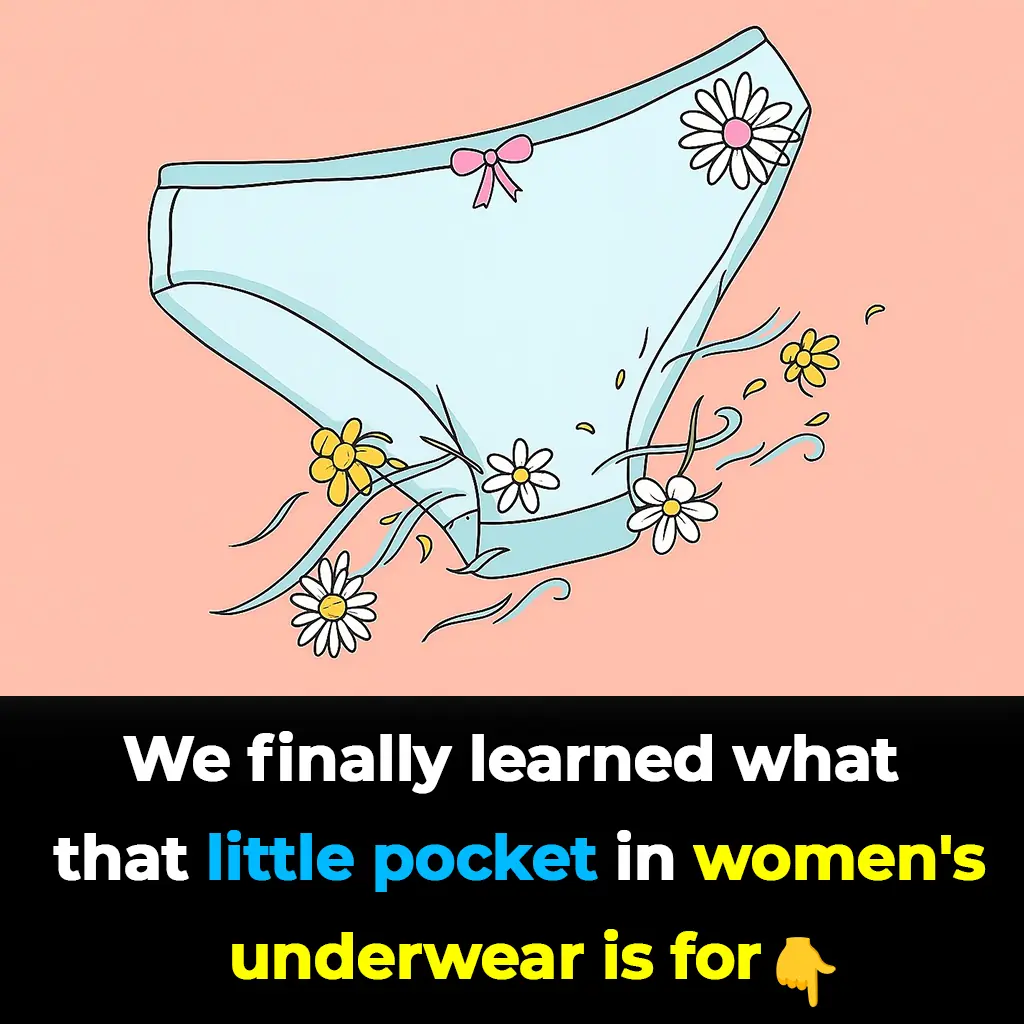
The Secret Behind the Pocket in Panties: What It Really Does for Your Comfort
It’s not a secret storage space but a carefully designed gusset that enhances hygiene, improves comfort, and makes your underwear last longer.
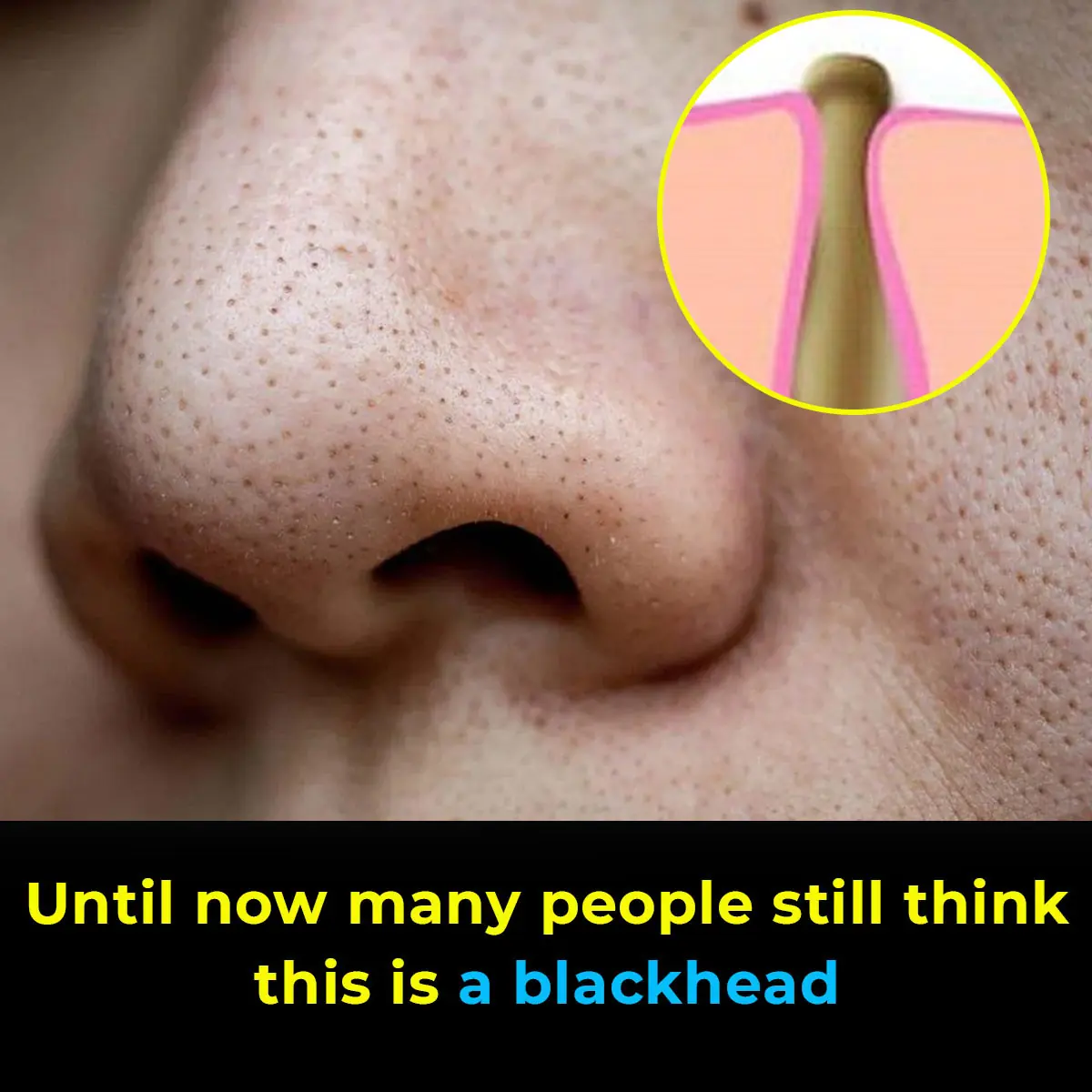
What Are Sebaceous Filaments and Why Are They on Your Face?

Can Humans Sense Death Approaching? Scientists Reveal the Sh0cking Truth
When life ends, the body immediately begins its natural process of decomposition
News Post

Pain in This Part of the Body Could Indicate Cancer Cells are 'Awakening' – Both Men and Women Shouldn't Ignore It

10 Unconventional Signs of Liver Damage You Must Know About

14 Early Warning Signs You're Dangerously Low on Magnesium

How To Get Rid Of Phlegm and Mucus In Chest and Throat

Burnout: Tips for Coping When You Can’t Just Quit

Beautifully Unbroken: Living Fully and Imperfectly With Bipolar

Unbelievable: China is About to Launch the First ‘Pregnancy Robot’ to Carry a Baby

This Is How These 10 Worldwide Famous Kids Look Like Now

How to Get Rid of Muscle Soreness: Home Remedies That Really Work

15 Common Cancer Symptoms You Shouldn’t Ignore

New Blood Test Shows Over 90% Accuracy for Lyme Disease

Is AI Use Causing Endoscopists to Lose Their Skills?
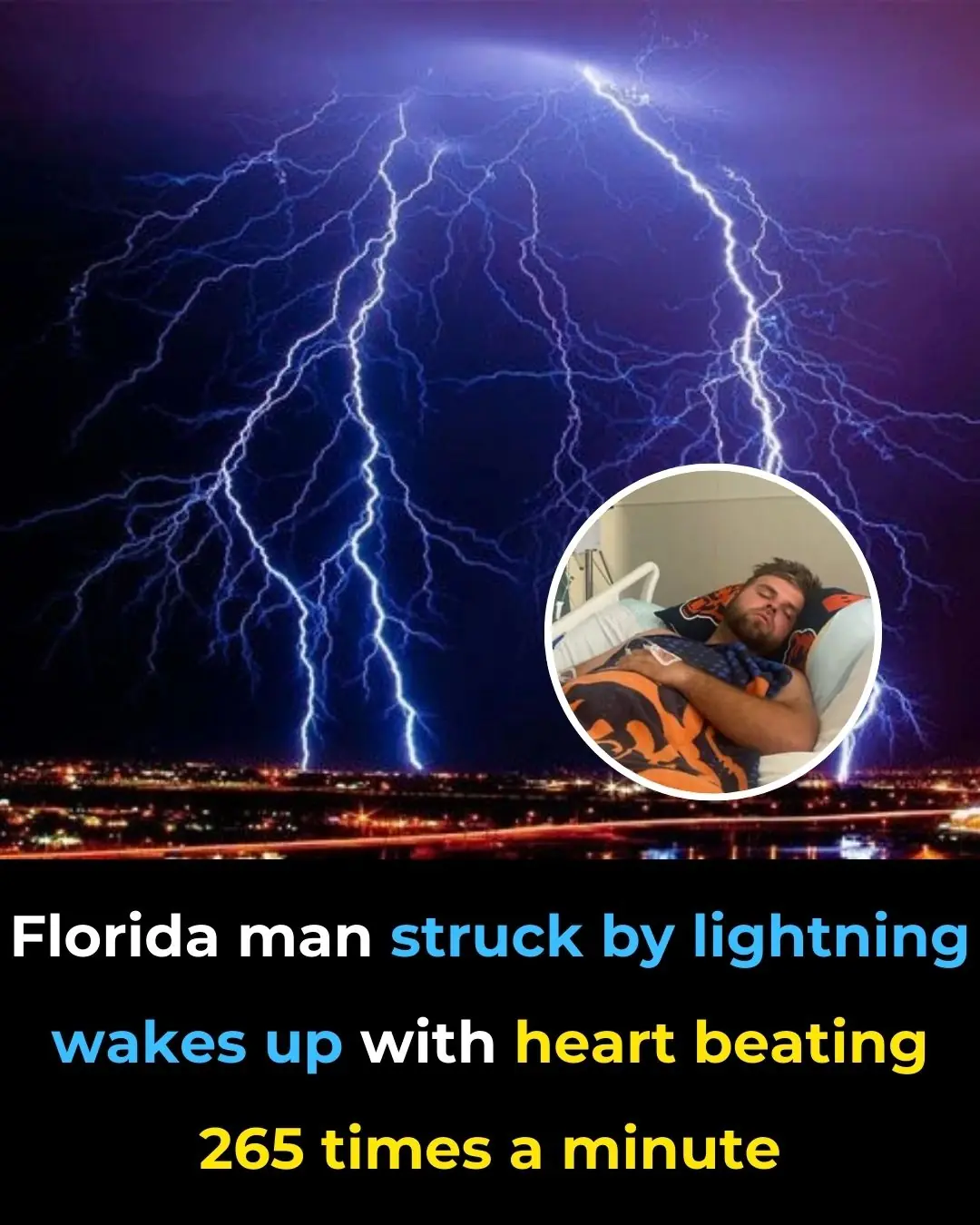
Florida Man Struck by Lightning Wakes Up With Heart Beating 265 Times a Minute

What Does It Mean To Wear a Ring On The Right Hand

Hotel Workers Reveal What Goes On
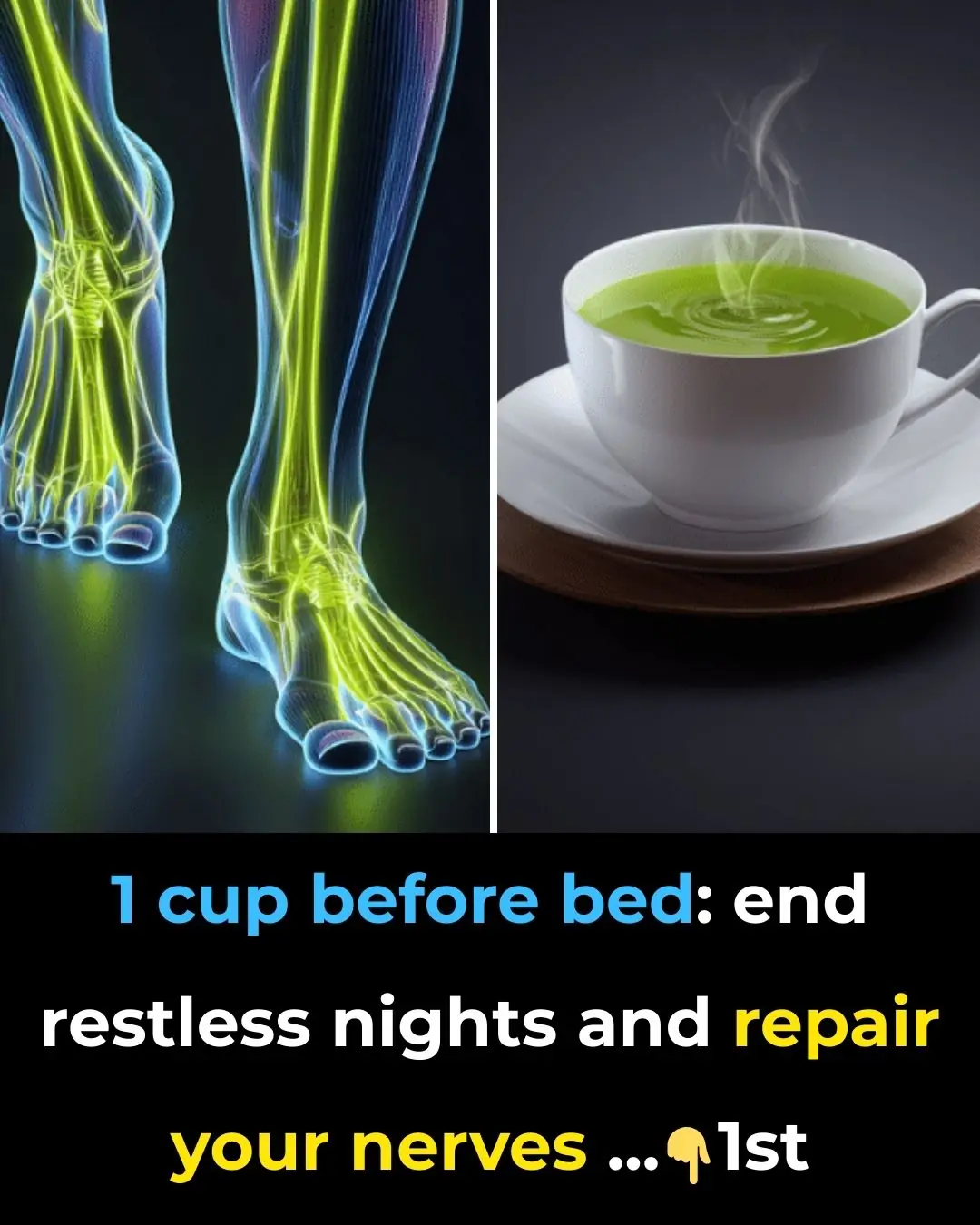
1 cup before bed: end restless nights and repair your nerves

Top 10 Nutrients in Foods that Clean Your Arteries Fast

Scientists Explain Why ‘Doing Your Own Research’ Leads to Believing Conspiracies

The Richest Americans Still Die Earlier Than the Poorest Europeans
